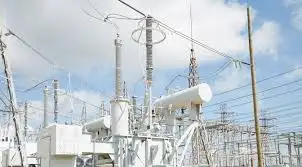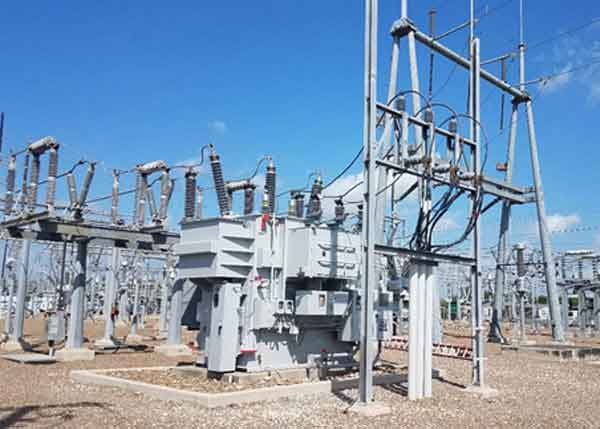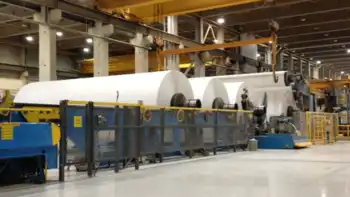Government witness lied at Enron trial: defense witness
By Reuters
CSA Z462 Arc Flash Training - Electrical Safety Essentials
Our customized live online or in‑person group training can be delivered to your staff at your location.

- Live Online
- 6 hours Instructor-led
- Group Training Available
The witness, Joannie Williamson, said her friend and former boss at Enron investor relations, Mark Koenig, confided to her that he had committed no crimes at the now-collapsed energy company, even though he pleaded guilty to aiding and abetting securities fraud and agreed to cooperate with prosecutors.
Koenig was the first of the 22 prosecution witnesses to take the stand and testify against Lay and Skilling at their trial for financial crimes at Enron, which has now entered its third month.
Williamson said she was stunned when Koenig pleaded guilty, and sought him out to find out what had prompted his confession.
"I asked him 'What are you doing?... You're not guilty,"' Williamson told the jury. He responded: "I know that, but in order for this to work everyone needs to believe that I am," she said.
Koenig had testified that Skilling knew the company had twice used accounting tricks to beat Wall Street analysts' earnings forecasts, and that he and Skilling had lied to investors to protect Enron's stock price.
Defense lawyers have argued that many of the former Enron employees who struck plea deals with the government to testify against Lay and Skilling were not really guilty of any crimes, but they did not have the money to mount a strong legal defense and feared long prison sentences if they were convicted of crimes.
Skilling, 52, is expected to take the stand in his own defense later this week, according to his defense team, and Lay, 63, will follow shortly.
Skilling faces 28 counts of conspiracy, fraud and insider trading and Lay faces six counts of conspiracy and fraud linked to the demise of the company that was once the seventh largest in the United States.
Prosecutors dropped a handful of charges last week in an effort to streamline their case.
Enron collapsed into bankruptcy in December 2001 after its use of off-balance sheet deals to hide billions of dollars in debt and inflate profits came to light.
The defense teams have argued that Enron was not engaged in a massive fraud, but was brought down by a "run on the bank" after investors learned its former Chief Financial Officer Andrew Fastow had skimmed millions of dollars in fees from his side deals done with the company.
Another witness, former Enron risk manager Rogers Herndon, countered prosecution claims that Enron's top management sought to cover up $200 million in losses at its retail arm, Enron Energy Services, by folding part of that unit into its health wholesale operations in 2001.
Herndon supported the defense contention that moving the risk operations of the retail unit into wholesale was done for business efficiency reasons, but admitted under cross examination he could not quantify the amount of money the company saved.
"I cant give you a number," Herndon said under questioning from prosecutor Sean Berkowitz. "There was some saving."
Two other witnesses, former Enron regulatory affairs specialist Scott Stoness and Diann Huddleson, also testified that day, challenging prosecution claims that about shady operations and chaos in the retail business.
The defense lawyers kept their questions to those witnesses narrowly focused in a bid to undermine specific assertions prosecutors had made during the two months they presented their case to the jury.
Lay's lead lawyer in the case, Michael Ramsey, missed the morning session and is scheduled to undergo medical procedures on Tuesday related to a stent that was inserted into an artery after he suffered from chest pains earlier in the trial.
"We are optimistic Mike will be back at trial soon," a spokeswoman for Lay said.
Ramsey, 65, had the stent inserted about two weeks ago but did not miss a day of the trial for that procedure.











